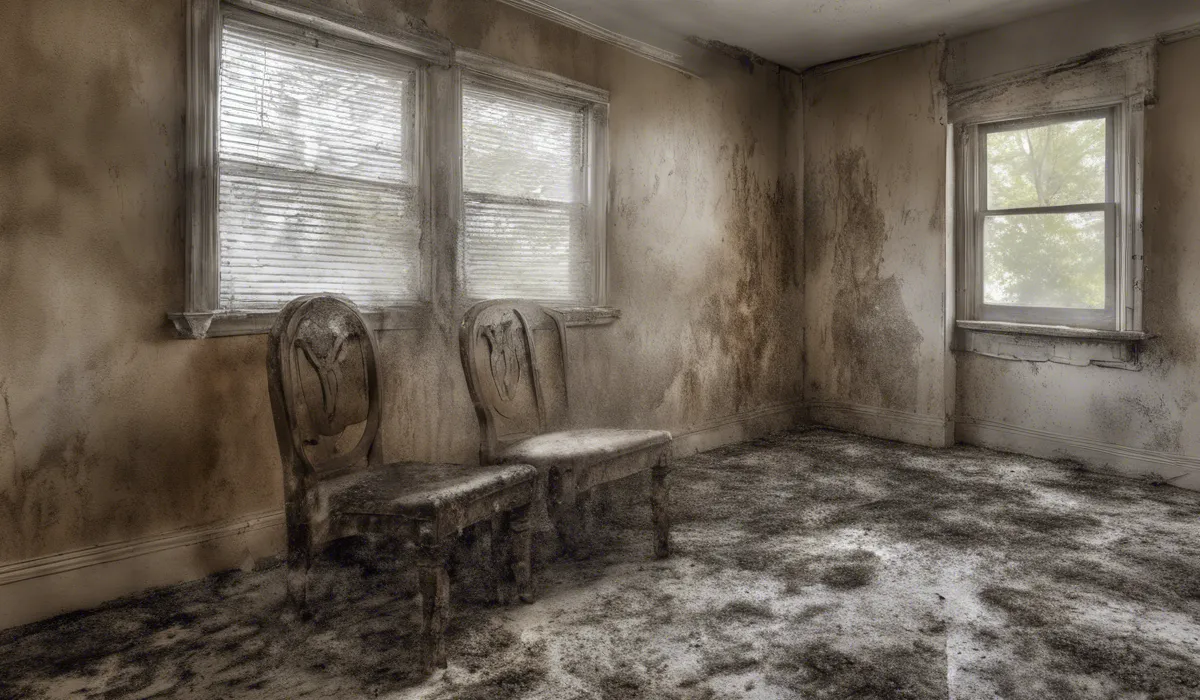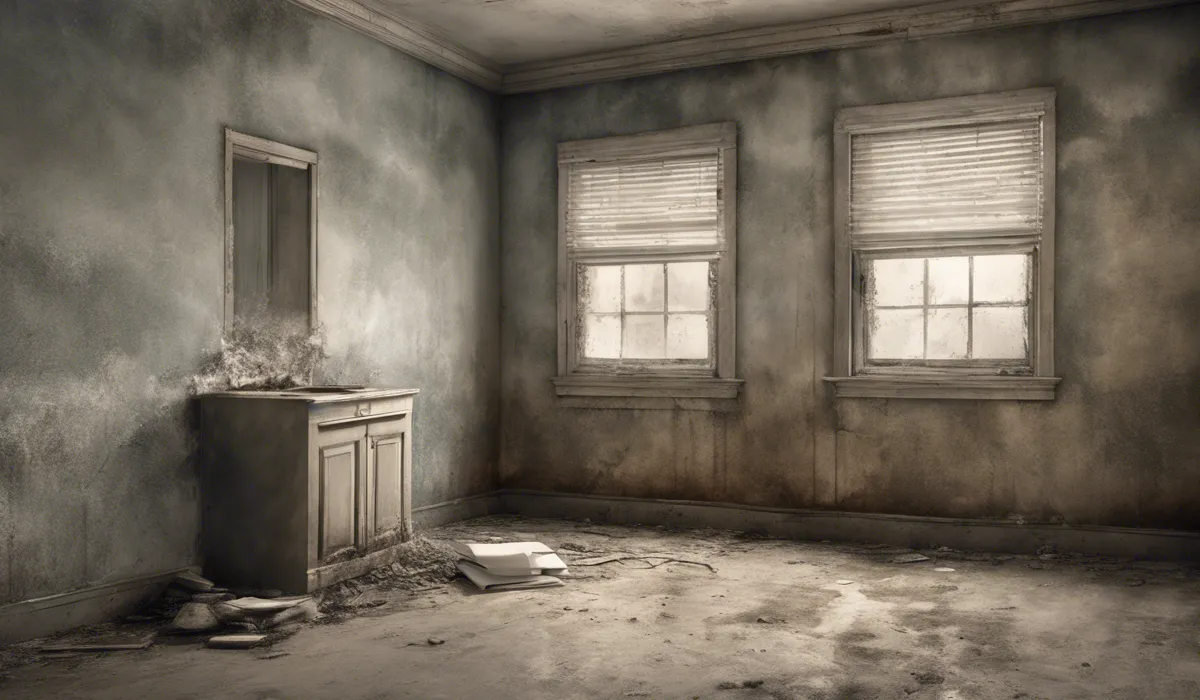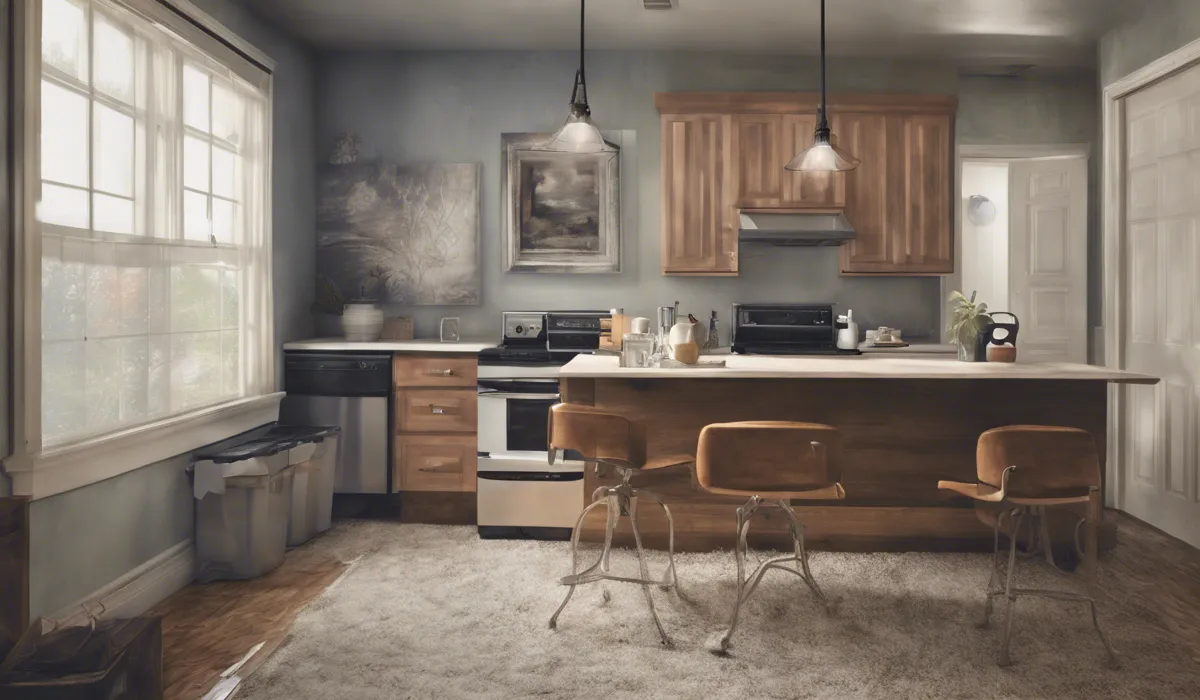To sue a landlord for mold, document the mold presence, report it to your landlord, and seek a professional mold assessment. If unresolved, consult a lawyer specializing in tenant rights who can guide you through filing a lawsuit in small claims court or higher, depending on damages.
Understanding Your Rights and Mold’s Legal Implications

Explanation of Tenant Rights Concerning Habitable Living Conditions
As a tenant, you have the right to live in a property that is safe and habitable. This means your living environment must meet basic standards, including being free from harmful molds that can affect your health and well-being.
If mold infestation exists, it is often considered a breach of the warranty of habitability, which is implied in most rental agreements, even if not explicitly stated.
Legal Definition of Mold Infestation as a Habitability Issue
Mold infestation becomes a legal concern when it impacts the habitability of a property. While mold itself is not always harmful, certain types like black mold can be hazardous.
If the presence of mold affects the air quality and makes the property unfit for living, it is legally recognized as a violation of tenant rights.
Role of Local and State Housing Codes in Mold-Related Disputes
Local and state housing codes play a crucial role in mold-related disputes. These codes set the standards for property conditions and maintenance.
They can provide clear guidelines on landlord responsibilities and tenant rights, including the handling of mold infestations. Consulting these codes can offer guidance on how to proceed with a complaint or lawsuit.
When is a Landlord Legally Responsible for Mold Problems?
A landlord is legally responsible for mold problems when they have failed to maintain the property, leading to moisture accumulation and mold growth. If a landlord neglects to fix leaks or dampness which results in mold, they may be liable.
Moreover, if they were aware of the mold and did not take action to remediate it, their responsibility is clear.
Preparing to Sue Your Landlord for Mold

Documentation of the Mold Problem
Start by thoroughly documenting the mold problem with photos and videos. Make sure to date these records and note where in the property the mold is located.
Written records describing the mold, its impact on your life, and any communication with your landlord about the issue are also essential.
Reporting the Issue to the Landlord
Report the mold to your landlord in writing and allow them a reasonable time to respond and address the issue.
This correspondence can later serve as evidence that you informed the landlord and gave them the opportunity to fix the problem.
Health Inspections and Professional Mold Assessments
Request health inspections from local authorities and seek professional mold assessments from certified inspectors.
These reports will add credibility to your claims and can be a significant part of your evidence in court.
Gathering Medical Reports
If your health has been compromised by exposure to mold, gather medical reports and document your conditions.
This documentation can prove the physical impact of the mold and may increase your chances of receiving compensation.
Record of Expenses and Damages
Keep a detailed record of all expenses and damages incurred due to the mold. This includes medical bills, costs for alternative living arrangements, and property damage. This financial record will be vital when seeking compensation.
Legal Consultation and Small Claims Court Process
Consult with a lawyer specializing in tenant rights to understand your legal options. If your damages are within the limit for small claims court, this could be a more straightforward and cost-effective route.
Your lawyer can guide you on whether to file in small claims court or pursue a larger lawsuit.
Resolution Outside Court
Consider mediation or arbitration as alternatives to going to court. These methods involve a neutral third party and can often lead to a resolution that is acceptable to both you and your landlord, saving time and legal fees.
The Legal Process of Suing Your Landlord for Mold

Steps to File a Lawsuit in Small Claims Court
Filing a lawsuit in small claims court involves preparing your case, submitting the necessary paperwork, and paying any filing fees. You will then be assigned a court date where you will present your evidence to a judge.
Understanding the Statute of Limitations
Be aware of the statute of limitations for property damage and personal injury claims in your state.
This is the time frame within which you must file a lawsuit. Missing this deadline can prevent you from pursuing legal action.
Burden of Proof in Court
In court, the burden of proof lies with you, the plaintiff. You must demonstrate that the mold exists, it has caused harm or damages, and that your landlord is responsible due to negligence or failure to maintain the property. Your evidence will be crucial here.
Possible Defenses Your Landlord Might Raise
Prepare for possible defenses your landlord might raise, such as claiming they were unaware of the issue or that the mold was caused by your actions. Anticipate these arguments and have counter-evidence ready.
What to Expect During Court Proceedings?
During court proceedings, expect to present your case, including all evidence, to the judge.
Your landlord will also have the opportunity to present their side. The process is typically less formal than higher courts, but being prepared and organized is still essential.
Types of Compensation You May Be Entitled to Receive
If successful, you may receive compensation for various damages such as medical expenses, lost property value, moving costs, and distress.
In some cases, you may also be awarded punitive damages if the landlord’s actions were particularly egregious.
FAQs About Suing Landlord for Mold
How do I document mold in my rental property for a lawsuit?
Take clear photographs or videos of the mold, keep records of any communication with your landlord about the mold, and obtain a professional mold assessment report as evidence.
What should I do first if I find mold in my rental property?
Immediately report the presence of mold to your landlord in writing and request that it be addressed as soon as possible.
When should I consider suing my landlord for mold?
Consider legal action if your landlord fails to respond or remedy the mold problem after you have reported it and obtained a professional assessment.
What type of lawyer should I consult for a mold issue in my rental?
Seek out a lawyer who specializes in tenant rights and landlord-tenant disputes to guide you through the process of filing a lawsuit.
Can I sue my landlord for mold in small claims court?
Yes, you can sue your landlord in small claims court if the damages are within the court’s monetary limits, otherwise, you may need to file in a higher court.
Final Thoughts
Suing a landlord for mold involves documenting the issue, notifying the landlord, and obtaining a professional assessment.
If the issue persists, seeking legal advice from a tenant rights attorney is recommended. Legal action may be pursued in small claims court or a higher court based on the extent of damages.
